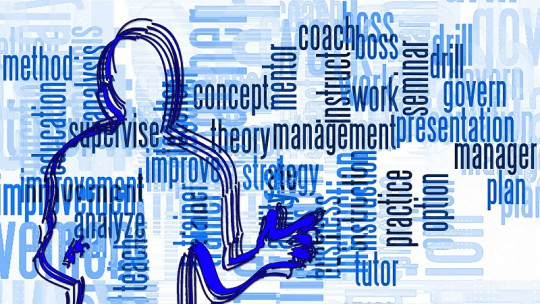
Before knowing the types of Coaching It is important to know, of course, what Coaching is.
Coaching is a methodology that achieves maximum professional and personal development of people and that influences their transformation, generating changes in perspective, increasing motivation, commitment and responsibility. Therefore, Coaching is a systematic process that facilitates learning and promotes change cognitive, emotional and behavioral that expand the capacity for action based on the achievement of the proposed goals. There are different classifications of the types of Coaching.
Types of coaching: depending on the content
The concept of Coaching is broad, and to avoid confusion, certain limits are established to reduce the scope of action. Working for the development of a person is not the same as working with a company manager. Because of this, there are different types of Coaching depending on the work area:
Personal Coaching
Also called life coach , refers to Coaching of daily living skills. We work on life projects, personal mission, objectives, strategies for change, etc. This type of Coaching pursues the well-being of the person in different areas of life.
Organizational coaching
It can be divided into two different types of Coaching:
Sports coaching
He Sports coaching It mainly works on motivation and the development of everything the potential of the athlete Also works empowerment and leadership skills. In case of injury it helps in the recovery process. In addition, it also works with the coach and referees, and improves the work of the group of athletes, establishing, for example, short and long-term objectives for the athletes.
You can discover more about Sports Coaching at:
Types of Coaching: according to the method used
In addition to the types of Coaching that have been explained above, different types of coaching are presented below depending on the methods that the coach uses in his sessions. These types of Coaching can be individual or group:
1. Ontological coaching
It is a process oriented to optimization of language, processes and linguistic tools used by the person. Its purpose is the modification and improvement in the way in which individuals express themselves. It is based on language and emotions and uses questions, conversations and body movement to provoke change.
2. Systemic coaching
This coaching process considers the person as part of a system, that is, does not consider it as an isolated element It is useful to analyze the impact that the person’s actions have on their environment.
3. Coaching with Emotional Intelligence
This type of coaching It is based on the contributions of Daniel Goleman on Emotional Intelligence. Self-knowledge and the way to regulate emotions is essential to achieve personal development and well-being. Emotional intelligence, if managed appropriately, is useful for the benefit of oneself and others.
4. Coercive coaching
It is based on training seminars that claim to achieve a profound change in the person through its high impact techniques This type of coaching has been subject to much criticism for its methods used In our article “Firewalking: psychological benefits of walking on hot coals (the new trend in Coaching)” you can see an example.
5. NLP Coaching (Neurolinguistic Programming)
It analyzes how the person interprets and faces reality (visual, auditory, kinesthetic) to help modify certain behaviors. This type of coaching combines coaching with Neuro-Linguistic Programming.
We recommend that you take a look at the interview that Psychology and Mind conducted with a Coaching professional using NLP:
6. Cognitive coaching
This type of Coaching allows the effective transmission of knowledge in the Coaching process. It takes into account the training of cognitive functions ; expressive and receptive functions, memory, learning and thinking.








